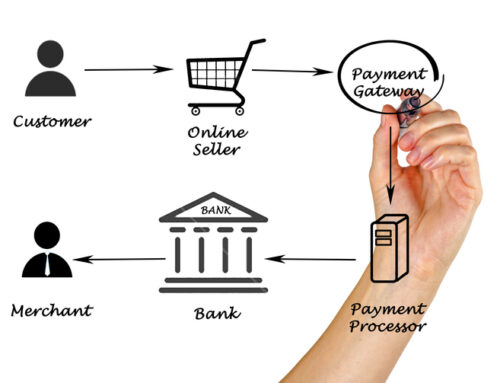Fintech is financial technology. It’s the integration of technology with financial services. While some people are nervous about financial technology, it’s likely that a number of things you already use are fintech. Fintech is less regulated than traditional banking which provides a lot of opportunities and ease of use but brings risks and challenges as well.
Common Examples of Fintech
PayPal is likely one of the most commonly used fintech on the market, but things are advancing so quickly there are new apps and programs coming out all the time. Other fintech includes:
- Crowdfunding like Kickstarter and Patreon,
- Mobile payments,
- Blockchain and cryptocurrency like Bitcoin and Litecoin, and
- Stock trading and budgeting apps.
How is Fintech Regulated
According to the legal reference site ICLG.com, there isn’t a Canadian regulatory body that has jurisdiction over fintech. Canadian banks must follow the regulations set out in the Canadian Bank Act. Since there’s no regulatory body for fintech, companies providing financial technology services are subject to more general business regulations such as Personal Information Protection and Electronic Documents Act and Canada’s Anti-Spam Legislation.
Consumers are still protected under these more general regulations which is why fintech is more flexible yet riskier than traditional banks.
Be Your Own Advocate
If you choose to take advantage of fintech’s flexibility, know what you’re getting into.
Here at Virtual Heights Accounting, we use a number of fintech products. One of those products is Plooto. We use Plooto for payables processing as well as for firm receivables. An interesting thing happened while using their system recently.
When setting up your account, you send an e-transfer that you then reclaim, and they charge you $5. But the money is then deposited into a “Plooto Instant” account instead of back to your bank account. To deposit it to your bank you then have to add your own company as a vendor/payable and process the refund that way (subject to any transaction charges etc).
This didn’t seem right to us, so we questioned Plooto and they were open to our feedback.
The lesson here is to check your accounts. Just like you should review your bank and credit card statements for any errors or strange activity, you should do the same with your fintech accounts.
Know what you’re getting into by reading the terms of service and questioning anything that doesn’t make sense to you, and always, always protect and update your passwords at all costs!





